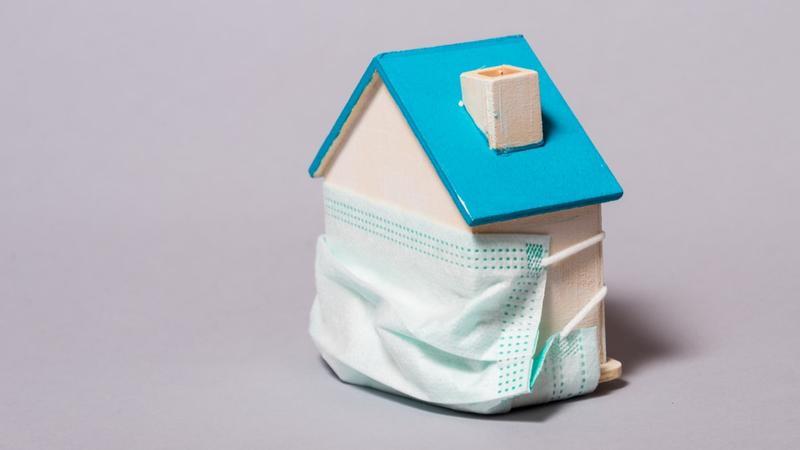Most Canadians are staying home to avoid the risk of catching or spreading the coronavirus, and that’s a good thing. Government and public health officials have repeatedly made clear the most effective way for us to curtail the threat of contracting COVID-19 includes staying home until further notice. But life in lockdown is raising questions about whether home insurance or condo insurance will cover you for a pandemic like COVID-19.
In other words, is a pandemic considered a peril insofar as your home insurance policy is concerned? Known stateside as an “Act of God”, in Canada, the insurance industry refers to Acts of God as “perils.” According to the Insurance Bureau of Canada (IBC), a peril is a chance event that is unexpected and accidental.
A home insurance policy is not a maintenance contract. You are not covered for the gradual deterioration of shingle roofing, for instance. Home insurance protects your home and possessions against financial loss if they are damaged, lost, or stolen. It can also cover living expenses if you are temporarily unable to live in your home due to an insured loss. Most standard policies protect you from financial liability in case someone is injured on your property, or if you cause damage to someone else’s property.
What Kinds of Home Insurance Coverage Is There?
The IBC outlines different types of home insurance coverage for a property, the contents in your home, and personal liability. These include:
- Basic or Named Perils. Also known as a standard policy, this type of policy will only cover perils that are explicitly stated, such as damage from a fire, wind, and certain types of water and smoke damage.
- Broad Policies. This kind of policy offers more coverage than a basic policy, but less than what a comprehensive policy provides. It covers you for the cost of damages to the dwelling as well as for your contents affected by named perils.
- No Frills. A no-frills policy is a stripped-down version of a basic policy some insurers offer for properties that may not meet normal insurance standards. This type of policy does not include coverage for perils.
- Comprehensive. This is the most inclusive home insurance policy, which covers both your home and its contents for all risks and perils, with the exception of perils that are excluded such as an earthquake or a sewer backup. You have the option of buying additional coverage for those kinds of perils.
- Personal Liability. Whether you are a homeowner or renter, personal liability coverage protects you in the event you are held personally liable if someone visiting your property is injured, or if unintentional property damage inflicted on others. For example, if someone slips, falls, and is injured due to ice on your property, personal liability coverage covers the cost of damages resulting from that injury up to your coverage limit. It does not, however, apply to any injuries you or other members of your household suffer.
